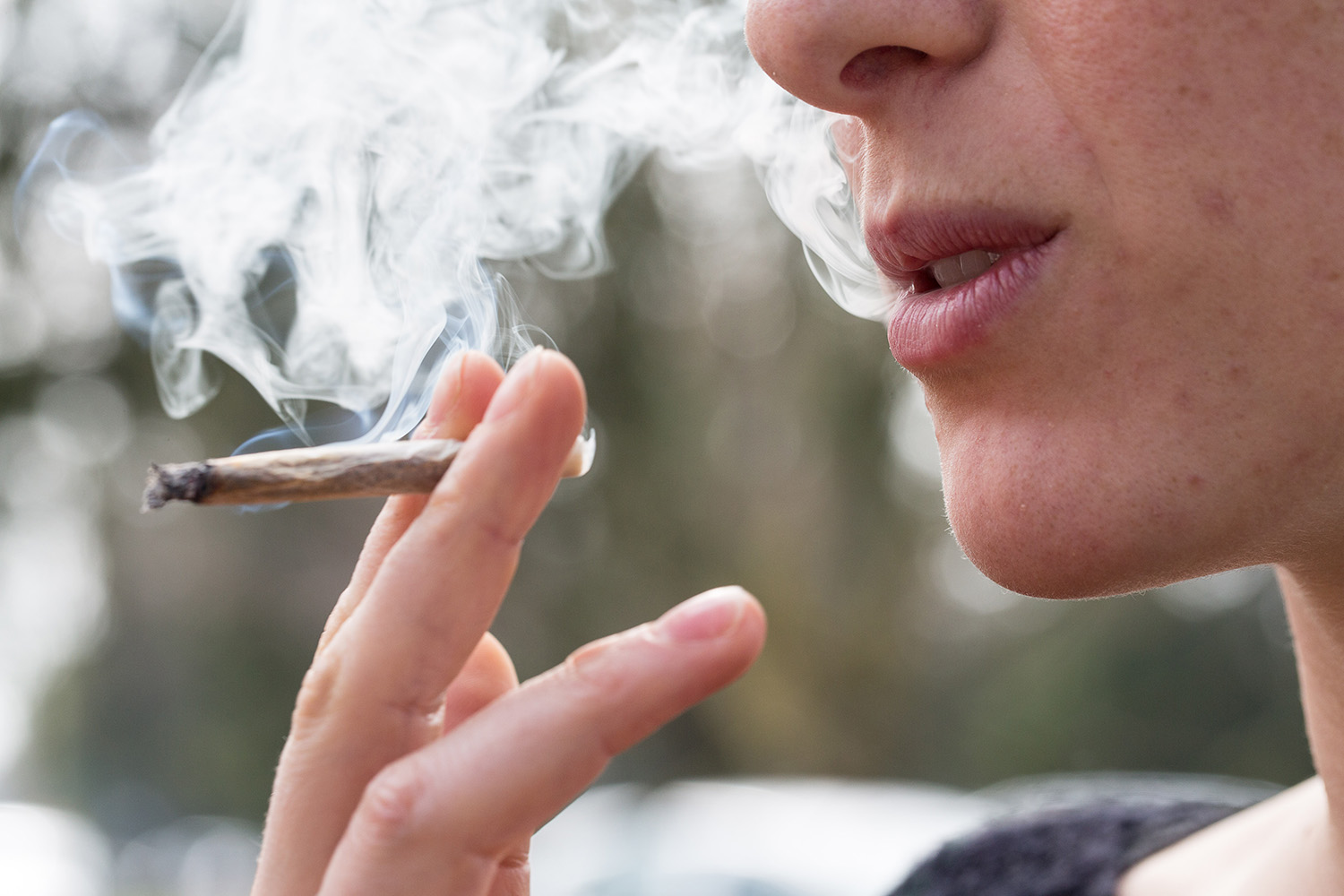Dr. Jennings submitted the following article to Psychiatric News to consider for publication in their paper, however after several months he has not had a response and is posting it here.
Eighteen states and the District of Columbia have enacted laws legalizing medical marijuana [a] and voters in Colorado and Washington voted Nov 6, 2012 to legalize recreational marijuana use.
According to the American Psychiatric Association (APA) member’s help desk, as of November 8, 2012, the APA did not have a position statement on medical marijuana use, even as it pertains to mental health related treatment. But if the APA desires to fulfill its role as the world leader in mental health standards, it cannot remain silent any longer.
History is replete with accounts of doctors utilizing treatments that not only failed to help, but actually harmed, increasing morbidity and mortality. For more than two millennia physicians practiced bleeding and leaching to drain evil humors. George Washington, after falling ill, had half his body’s blood drained, certainly accelerating his demise [1] [2].
Tobacco was used by doctors for centuries to treat a variety of medical illnesses, including ulcers, polyps, skin lesions, headaches, respiratory problems, and diseases of the glands [3] [4] [5] [6] [7]. In the 19th century doctors used a variety of poisons such as opium, quinine, arsenic, calomel (mercury), antimony, and strychnine [8] to treat a broad range of conditions. They called these toxins “medicines.”
And if treating patients over the years with purging, puking, poisoning, puncturing, cutting, cupping, blistering, bleeding, leeching, heating, freezing, sweating, and shocking [9], were not bad enough, psychiatry jumped in with the infamous lobotomy early in the 20th century to treat a variety of mental, behavioral and emotional problems.
Today, psychiatry is positioned with a unique opportunity to stand up and oppose the latest chicanery to be promoted as “medicine” – medical marijuana. Over the past year I have had a number of patients present with anxiety, depression, attention problems and other issues who were smoking marijuana daily. When I attempted to educate them on the brain damaging effects of marijuana they pulled out their medical marijuana card and reported that they only smoke the amount their doctor has prescribed.
Medical marijuana for the treatment of psychiatric problems is no better than prescribing cigarette smoke to treat lung disease. Yet, while professional societies and licensing boards would take quick action to redirect physicians who were prescribing cigarette smoke for COPD, such august bodies have remained silent while medical marijuana prescribing for psychiatric illness steadily increases. But what does the evidence reveal regarding marijuana and brain health?
Multiple studies have now documented that marijuana increases the risk for psychosis [10] [11]. The active compound in marijuana, 9-tetrahydrocannabinol (THC), exerts its central effect through the CB1 cannabinoidreceptor. Brain regions with such receptors include hippocampus (new memory/learning), amygdala (alarm, alertness), and the cerebral cortex (thinking, reasoning, planning, long term learning). Acute effects of marijuana smoking include alteration in motor control, short term memory impairments, intoxication, loss of motivation and drive, decreased anxiety, increased appetite and some reduction in pain, particularly if neurological in nature.
Long-term affects include structural changes in brain regions associated with higher cognitive function [12]. Madeline Meier PhD from Duke University and her multicenter team of investigators found that marijuana use before the age of 16 was associated with an eight-point drop in IQ that was not fully recovered after cessation of marijuana use [13].
Marijuana smoking impairs prefrontal cortex functioning, undermining reasoning, planning, organization, initiation, drive, motivation and achievement. Functional imaging scans consistently reveal impaired prefrontal cortex activity in marijuana smokers, recent research documents long term use damages white matter connectivity in the brain [14] [15] [16] [17].
Finally, marijuana appears to be more toxic than cigarette smoking. This is due to several factors. Cannabis smokers inhale one-third more deeply than cigarette smokers and hold their breath four times longer to ensure maximum lung exposure. Secondly, marijuana has higher concentrations of toxic chemicals than cigarette smoke. Dr. David Moir of Health Canada compared the chemicals in cigarette smoke to marijuana smoke and found that marijuana smoke had 20 times as much ammonia, five times as much hydrogen cyanide, and five times as much nitrogen oxides, which negatively affect circulation and the immune system [18].
For patients who are terminal, suffering with severe intractable pain and/or nausea with no other possible way to experience relief, yes, out of mercy marijuana should be available. But, the use of marijuana to treat psychiatric illness is not only contrary to sound brain science, clinical research and common sense, it smacks of modern day quackery.
It is time for the APA to take a leadership role in establishing strong policy denouncing the use of marijuana for psychiatric illness and advocating that state licensing boards censure physicians who prescribe marijuana for mental health related problems. If psychiatrists fail to address this issue, I fear history will judge us more severely than those who bled George Washington to death, because we actually have the science to know better.
Timothy R. Jennings, M.D.
President-Elect Tennessee Psychiatric Association
Chairman, Board of Regents, Southern Psychiatric Association
Tele-medicine Consultant for The Center, Edmonds, WA
President, Come and Reason Ministries
[a] Alaska, Arizona, California, Colorado, Connecticut, DC, Delaware, Hawaii, Maine, Massachusetts, Michigan, Montana, Nevada, New Jersey, New Mexico, Oregon, Rhode Island, Vermont, and Washington.
[1] Vadakan, V., The Permanente Journal/ Spring 2004/ Volume 8 No. 2
[2] Seigworth, Gilbert R., M.D. “Bloodletting Over the Centuries.” New York State Journal of Medicine. Dec. 1980. https://www.pbs.org/wnet/redgold/basics/bloodlettinghistory.html
[3] Grehan, James. “Smoking and ‘Early Modern’ Sociability: The Great Tobacco Debate in the Ottoman Middle East (Seventeenth to Eighteenth Centuries)”. The American Historical Review, Vol. III, Issue 5. 2006. 22 March 2008
[4] Dickson SA. Panacea or Precious Bane. Tobacco in 16th Century Literature. New York: New York Public Library, 1954.
[5] Brookes JE. The Mighty Leaf: Tobacco Through the Centuries. Boston: Little, Brown, 1952.
[6] Stewart GG. A history of the medicinal use of tobacco 1492-1860. Med Hist 1967;11: 228-68. [PMC free article] [PubMed]
[7] Charlton, A., J R Soc Med. 2004 June; 97(6): 292–296.
[8] Haller, J. American Medicine in Transition 1840-1910, 1981, p. 67.
[9] Benson, H., JAMA. 1975;232(12):1225-1227. doi:10.1001/jama.1975.03250120013012.
[10] Compton, M. et al, Association of Pre-Onset Cannabis, Alcohol, and Tobacco Use With Age at Onset of Prodrome and Age at Onset of Psychosis in First-Episode Patients. Am J Psychiatry, 2009;166:1251-1257.
[11] Loberg, E., et al, An fMRI study of neuronal activation in schizophrenia patients with and without previous cannabis use.Frontiers published online October 30, 2012.
[12] Chang, L, et al NEUROSCIENTIST 13(5):422—432, 2007.
[13] Meier, M., et al Persistent cannabis users show neuropsychological decline from childhood to midlife, Proc Natl Acad Sci. Published online August 27, 2012.
[14] Eldreth, D., et al, Abnormal brain activity in prefrontal brain regions in abstinent marijuana users. NeuroImage, 2004;(23)3:914-920.
[15] Lundqvist, T., et al, Frontal lobe dysfunction in long-term cannabis users. Neurotoxicology and Teratology. 2001(23)5:437-443.
[16] Hermann, D., et al, Dorsolateral Prefrontal Cortex N-Acetylaspartate/Total Creatine (NAA/tCr) Loss in Male Recreational Cannabis Users. Biological Psychiatry 2007(61)11:1281-1289.
[17] Zalesky, A., et al, Brain, Jul 2012:135(7):2245-2255.
[18] Chemical Research in Toxicology, DOI: 10.1021/tx700275p).









 using your credit or debit card (no PayPal account needed, unless you want to set up a monthly, recurring payment).
using your credit or debit card (no PayPal account needed, unless you want to set up a monthly, recurring payment). instead?
instead?